Bhubaneswar: The Department of Agriculture and Farmers’ Empowerment has issued the Revised Guidelines on the ‘KALIA Scholarship’ for the children of the beneficiaries of the Krushak Assistance for Livelihood and Income Augmentation (KALIA) scheme. As per a notification issued on December 29 by Dr. Arabinda Kumar Padhee, Principal Secretary of the Department, the state government has modified the guidelines for better visibility of KALIA Scholarship and to extend benefits to more number of students. In an ongoing effort to enhance the visibility of the KALIA Scholarship, necessary amendments have been made with the approval of Chief Minister Naveen Patnaik. According to the modified guidelines, the KALIA Scholarship now includes not only Professional or Technical Graduation courses such as M.B.B.S, BDS, BHMS, BAMS, B.Pharma, B.Sc. (Nursing), PBBSc., Nursing, B.Sc (Hons)Agriculture, BVSc&AH, B.Sc (Hons)Horticulture, B.Sc (Hons) Forestry, B.Sc (Fisheries Science), B.Sc. (Community Science), B.Tech (Agril. Engg), and B.Tech/B.E, but also courses like BBA, BCA, and equivalent programs in both Government and Private Institutes. To be eligible, these institutes must have an AISHE code (All India Survey on Higher Education) of the State. Similarly, Post-graduation level Professional/Technical courses like M.Tech, M.Sc (Ag), M.Sc (Forestry), PG in Medical science, MBA, MCA, M.Pharm, and other equivalent courses as part of the Master’s program have been added. The duration for PG courses is a maximum of 2 years, and for Ph.D. courses, it is 4 years, with Ph.D. courses required to be related to eligible post-graduation courses only in government institutions inside the State. Additionally, Diploma courses like D. Pharma, DMLT, DMRT, Ophthalmic Assistance/Surgical OPTH Assistance, GNM, ANM, Psychiatric Nursing, Polytechnic & Agri Polytechnic, and various trades of ITIs in the State are now included under the KALIA Scholarship scheme. Technical/Professional courses in Premier Govt. institutes (both inside and outside the State), such as NIT, IIT, IIM, AIIMS, ICAR (IARI IVRI, CIFE, NDRI), IISER, NISER, etc., are also covered under the KALIA Scholarship. The children of eligible beneficiaries under the KALIA scheme, specifically those covered in the two different components, namely Support to Cultivators for Cultivation and Livelihood Support to Landless Agricultural Households, qualify for the scholarship. The parent of the student must be eligible under KALIA during the verification of the student’s application at the Chief District Agriculture Officer (CDAO) level. For a student to be eligible, they must secure admission on a merit basis in a Government Institution or Private Institution with an AISHE code (All India Survey on Higher Education) of the State. Additionally, admission to Premier Govt. Institutions, both within and outside the State, is considered. However, students admitted on a cost-sharing/selffinancing basis are not eligible for the scholarship. The student will not be eligible to receive any other scholarship, and if already receiving one, they must shift to the KALIA Scholarship if they choose. Only one scholarship can be availed. Students can receive the KALIA scholarship for one professional course only and are not eligible for a second professional course. No private institution outside the state is allowed to participate in the KALIA scholarship. Students cannot avail more than one scholarship for similar kinds of courses. Tuition fees, annual fees, one-time fees, hostel expenses, and other expenses, including the deposit money in government educational institutions, will be remitted directly to the concerned student’s bank account through DBT. Students enrolled in private educational institutes will receive scholarships at the state government-prescribed course fee rate. Students pursuing Ph.D. in professional or professional courses in government educational institutes of the state will be awarded scholarships as per the actual fee in the concerned educational institutes.
Exclusive
Breaking News
 Columbia University aakes back Deadline set for Protesters to Leave Campus
Columbia University aakes back Deadline set for Protesters to Leave Campus
 BJD Releases List of 3 Candidates for Odisha Assembly Elections
BJD Releases List of 3 Candidates for Odisha Assembly Elections
 Low vision clinic inaugurated at AIIMS Bhubaneswar
Low vision clinic inaugurated at AIIMS Bhubaneswar
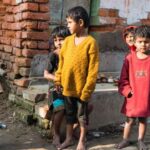 Urban education programme comes in handy for Odisha’s tribal, dalit kids
Urban education programme comes in handy for Odisha’s tribal, dalit kids
 Now country ‘aatank’ struggling for ‘aata’: PM
Now country ‘aatank’ struggling for ‘aata’: PM
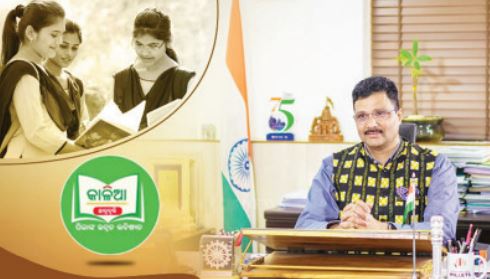

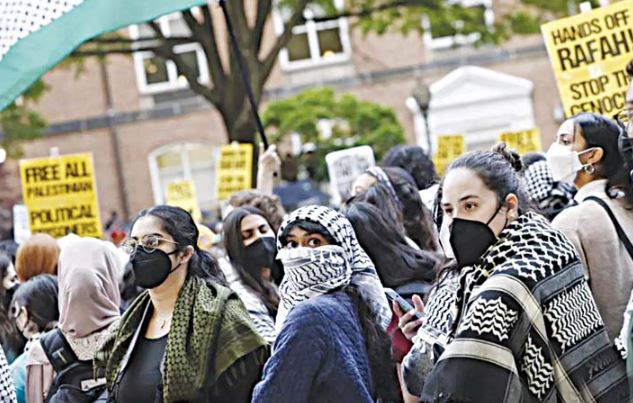
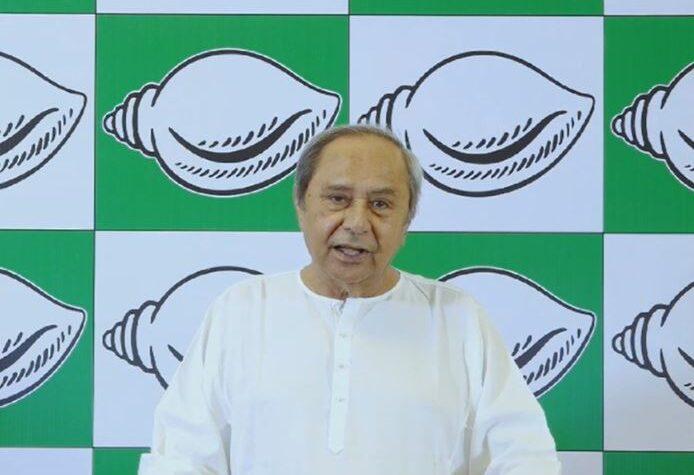
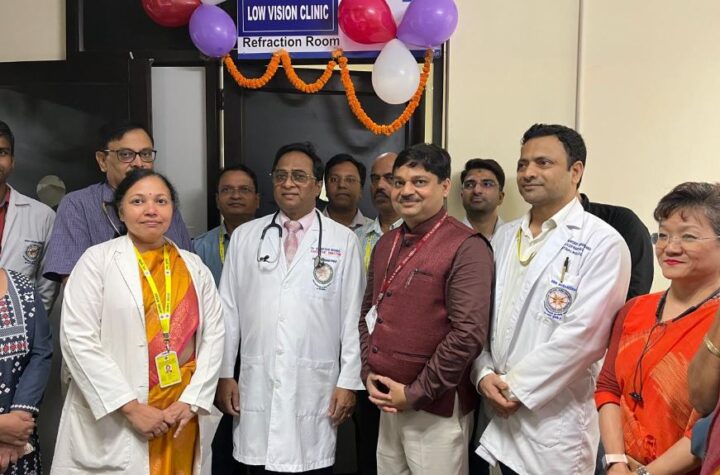

More Stories
Columbia University aakes back Deadline set for Protesters to Leave Campus
BJD Releases List of 3 Candidates for Odisha Assembly Elections
Low vision clinic inaugurated at AIIMS Bhubaneswar